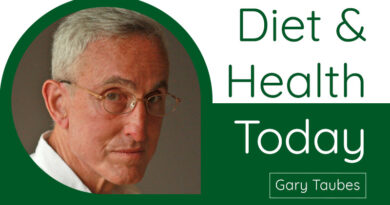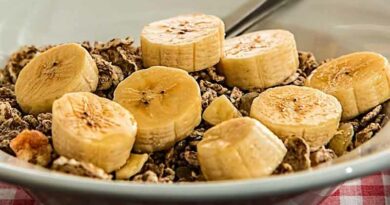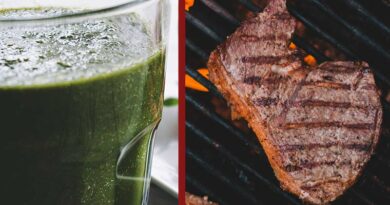Ian Lake chats with Zoë about living with Type 1 Diabetes
Show Notes:
Dr Ian Lake is a UK GP and person with Type 1 diabetes. He has been a medical doctor for 37 years and works as a GP in Gloucestershire, UK. He has a degree in Medical Cell Biology and Biochemistry from Liverpool University awarded in 1981 and qualified as a Doctor of Medicine in 1985 from Southampton University.
Ian was diagnosed with LADA (Late Autoimmune Diabetes in Adults) Type 1 Diabetes, at age 36. He managed it with a DAFNE (Dose Adjustment For Normal Eating) style approach for the first 20 years and changed to a very low carb approximately 9 years ago. The results were so dramatic results that Ian decided to dedicate his time to getting information about low carbohydrate lifestyles to other people with Type 1.
Ian is a founder member of The Public Health Collaboration www.phcuk.org.uk, which is a charity dedicated to promoting a real food lifestyle for health. He has spoken about the low-carbohydrate management of Type 1 diabetes at various conferences.
What we cover
Ian and I start this podcast talking about how Ian diagnosed his own Type 1 Diabetes. What dietary advice was he given at the time and how did that work out. We then move on to how he discovered the ketogenic diet and what happened next.
We move on to fasting – how often does Ian eat? How much does he eat? When did he first realise that he could do prolonged exercise without eating? (He runs marathons, climbs hills, cycles and paraglides!)
We then discuss a fascinating experiment that Ian did with another Type 1, a dietician, a child psychologist and an Olympian. They ran 100 miles in 5 days completely fasted. They measured glucose and ketones throughout, as well as mood and hunger levels. The weight loss results were the least interesting part of the trial. This has been written up as a peer-reviewed paper in a Diabetes journal.
We close by discussing where the conventional world is with diabetes generally, what progress is being made and why people with diabetes are ‘doing it for themselves’.




